The Snowball: Warren Buffett & The Business of Life
By: Alice Schroeder
If you want to learn about Warren Buffet, this is the best way to do it.
"The Snowball" by Alice Schroeder is an in-depth biography of Warren Buffett, one of the world's most successful investors. The book traces Buffett's journey from a numbers-obsessed kid in Omaha to a financial titan. It also follows Buffett's personal life outside of business.
Schroeder describes how young Buffett started making money early, selling items like chewing gum and Coca-Cola. By age eleven, he had saved a significant amount and made his first investment, setting the stage for his future success.
I also put this book on my list of the all time best books for investing. It's the only book on this list that is specifically a biography style book.

Warren Buffet’s Investment Style Evolution
Warren Buffett's investing style has evolved quite a bit over the years, as detailed in The Snowball. I’ll try to concisely summarize his evolution that takes place throughout the book.
The Snowball: Warren Buffett and the Business of Life
The definitive authorized biography of the world's greatest investor. Discover the investment principles, business philosophy, and life lessons that made Warren Buffett the Oracle of Omaha. Alice Schroeder's masterful account reveals the compound wisdom behind building extraordinary wealth and a meaningful life.
View on AmazonEarly Career: Graham-Style Investing
- Strict adherence to Benjamin Graham's value investing principles
- Focus on undervalued "cigar butt" companies
- Emphasis on quantitative analysis and statistical bargains
Mid-Career: Transition to Quality
- Shift towards buying quality businesses, influenced by Charlie Munger
- Focus on companies with strong competitive advantages or "moats"
- Emphasis on qualitative factors like management quality and brand strength
Berkshire Hathaway Era
- Acquisition of entire businesses rather than just shares
- More concentrated, long-term investment strategy
- Willingness to pay fair prices for high-quality businesses with growth potential
Recent Years
- Openness to technology investments (e.g., Apple, Amazon)
- Continued focus on companies with strong economic moats
- Combination of value investing principles with growth-oriented perspective
Throughout this evolution, Buffett has maintained core principles like seeking a margin of safety and viewing stocks as ownership in businesses.
Themes & Topics in The Snowball

Outside of Buffett’s investing and business deals, there are quite a few different themes and topics that come up throughout the story. Here’s a few of the notable themes in The Snowball:
Snowballing
This is really what the book is about. This could be classified as Warren Buffett’s investment strategy, but it’s also a theme to his life, and a major topic of the book.
“The great engine of compounding worked as a servant on his behalf, at exponential speed, and under the gathering approval of a public gaze. The method was the same: estimate an investment's intrinsic value, handicap its risk, buy using margin of safety, concentrate, stay in the circle of competence, let it roll as compounding did the work. Anyone could understand the simple ideas, but you could execute them."~ Alice Schroeder, The Snowball
Newspaper Publishing
Buffett has always had an interest in becoming a publisher. He tried multiple times to buy different newspapers, and eventually did end up with a few, including The Washington Post and Buffalo News, along with other local papers. He also ended up winning a Pulitzer Prize for exposing the stewardship of a major charity.
“From his childhood hobby of collecting license plate numbers to reforming the jiggery-pokery of journalism, three roles invariably interested him. The first was the relentless collector, expanding his empire of money, people, and influence. The second was the preacher, sprinkling idealism from the lectern. The third was the cop, foiling the bad guys. The perfect business would allow him to do all these at once: preach, play cop, and collect money to ring the cash register. The perfect business, therefore, was a newspaper.”
Salomon Brothers
The book also covers some of Buffett's notable business dealings, including his involvement with Salomon Brothers. In 1991, Buffett stepped in as interim chairman to guide the company through a treasury bond trading scandal, showcasing his leadership skills in crisis management.
Bill Gates
Schroeder highlights Buffett's relationships with other business leaders, including his friendship with Microsoft co-founder Bill Gates. Their relationship, which began in 1991, led to significant philanthropic collaborations and mutual respect.
Warren Buffett’s Greatest Fear: Nuclear War
Interestingly, the book reveals some of Buffett's personal concerns, including his biggest fear: nuclear war. This fear influenced his worldview and some of his investment decisions. Schroeder says that Buffett would have given as much money as he could to his highest priority for any possibility to reduce the chance of nuclear war:
“A nuclear attack is inevitable. It’s the ultimate problem of mankind. If there’s a ten percent probability that something will happen in a year, there’s a 99.5 percent probability that it will happen in fifty years. But if you can get that probability down to three percent, that reduces the probability to only seventy-eight percent in fifty years. And if you can get it down to one percent, there is only a forty percent probability in fifty years. That’s a truly worthwhile goal–it could literally make all the difference in the world.”

The Ovarian Lottery
The biography also introduces readers to Buffett's concept of the "Ovarian Lottery" - his belief that much of one's success in life is determined by the circumstances of their birth. This philosophy underpins his views on social responsibility and wealth distribution.
Frugal Living & Money
Beyond business, Schroeder paints a picture of Buffett's personal life, including his frugal lifestyle despite his immense wealth. She describes his commitment to continuous learning, his patient approach to wealth accumulation, and his decision to give away most of his fortune to charitable causes.
He doesn’t make money to live an extravagant lifestyle. He loves what he does and money is just his way of keeping score.
“At age 47, Warren had already accomplished everything he had ever imagined he could want. He was worth $72 million. He ran a company that was worth $135 million. His newspaper had won the two highest prizes in journalism. He was one of the most important men in Omaha and increasingly prominent at a national level. He was serving on the boards of the largest local bank, the Washington Post, and a number of other companies. He had been CEO of three companies and had bought and sold successfully more stocks than most people can name in a lifetime. Most of his original partners were now enormously rich. All he wanted was to keep on making money for the thrill of it without changing anything else about his life.“
Buffett spent a lot of his time at home by poring over company filings and business reports. He was there with the family for events and trips, but it seemed that his mind was always on his business. Towards the end of the book you start to see a change in how he thinks about his life and about those around him:
“Basically, when you get to my age, you’ll really measure your success in life by how many of the people you want to have love you actually do love you.
“I know people who have a lot of money, and they get testimonial dinners and they get hospital wings named after them. But the truth is that nobody in the world loves them. If you get to my age in life and nobody thinks well of you, I don’t care how big your bank account is, your life is a disaster.
“That’s the ultimate test of how you have lived your life. The trouble with love is that you can’t buy it. You can buy sex. You can buy testimonial dinners. You can buy pamphlets that say how wonderful you are. But the only way to get love is to be lovable. It’s very irritating if you have a lot of money. You’d like to think you could write a check: I’ll buy a million dollars’ worth of love. But it doesn’t work that way. The more you give love away, the more you get.”
If you've made it this far and enjoyed my summary and review of The Snowball, I'd recommend checking out my summary and review of The Outsiders: Eight Unconventional CEOs and Their Radically Rational Blueprint for Success" by William Thorndike:

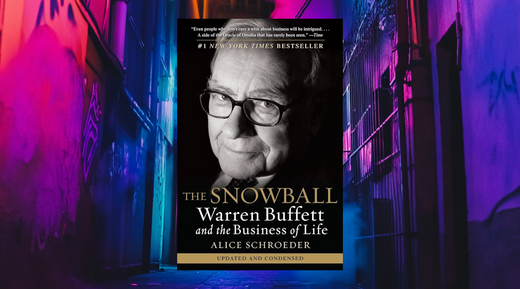



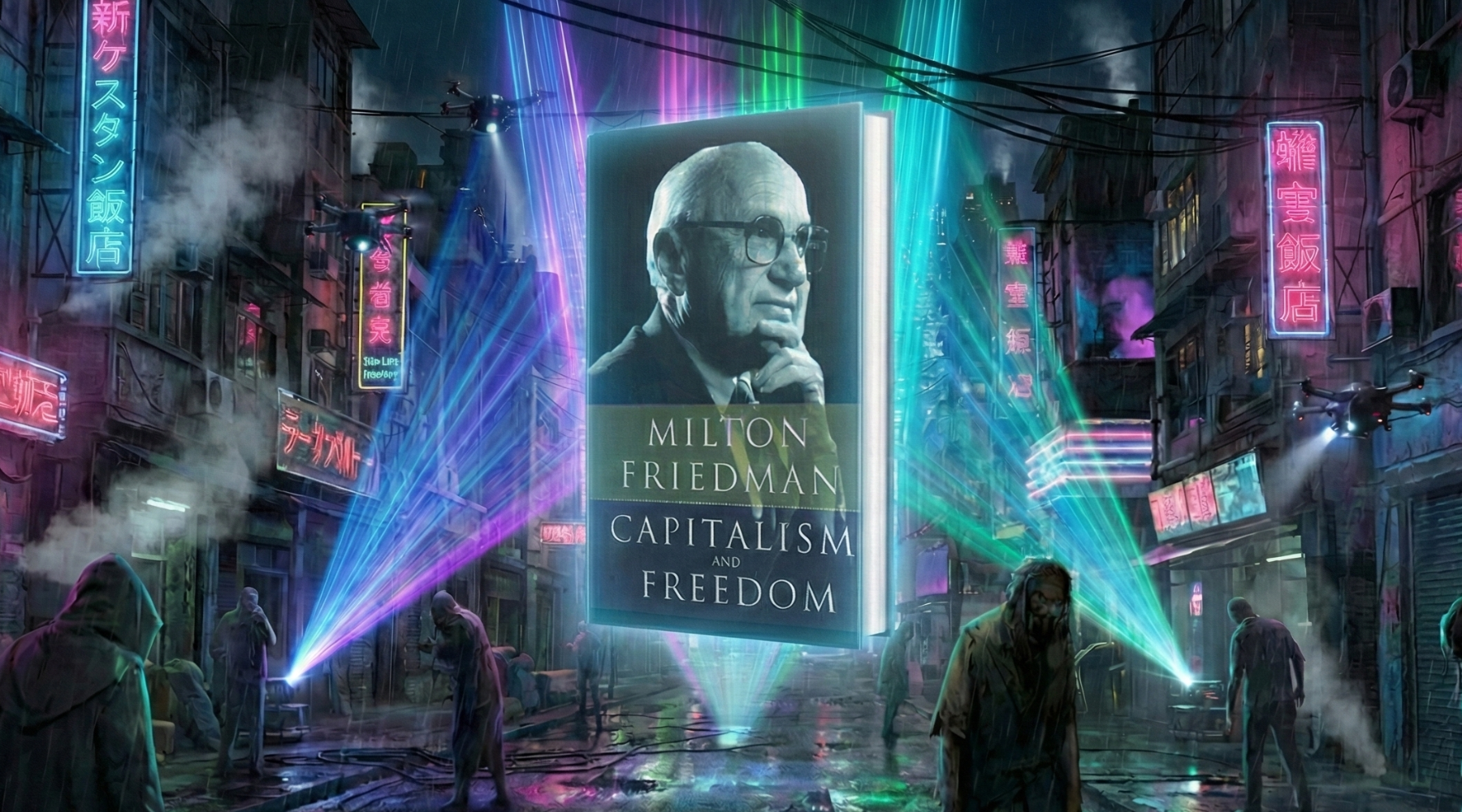
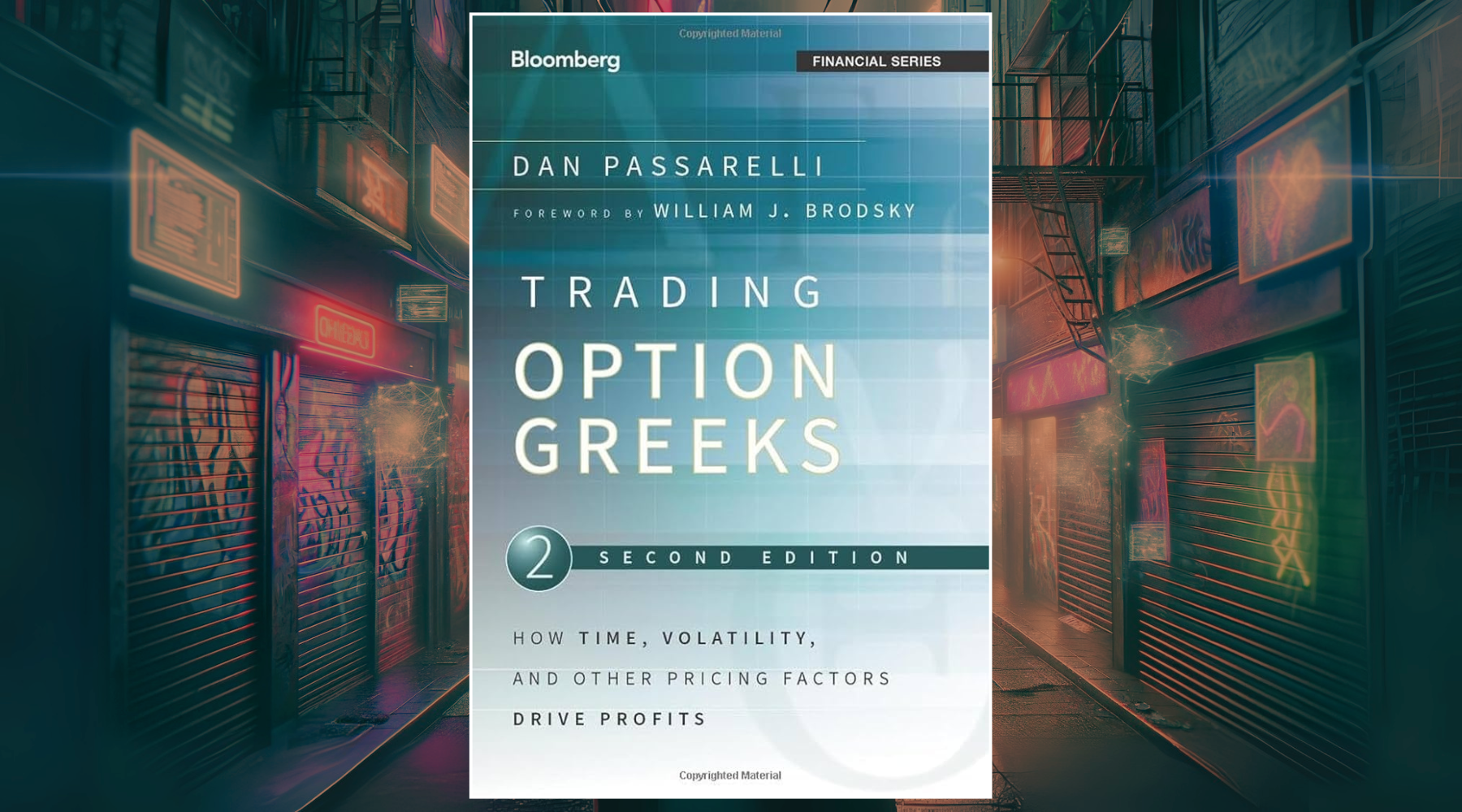

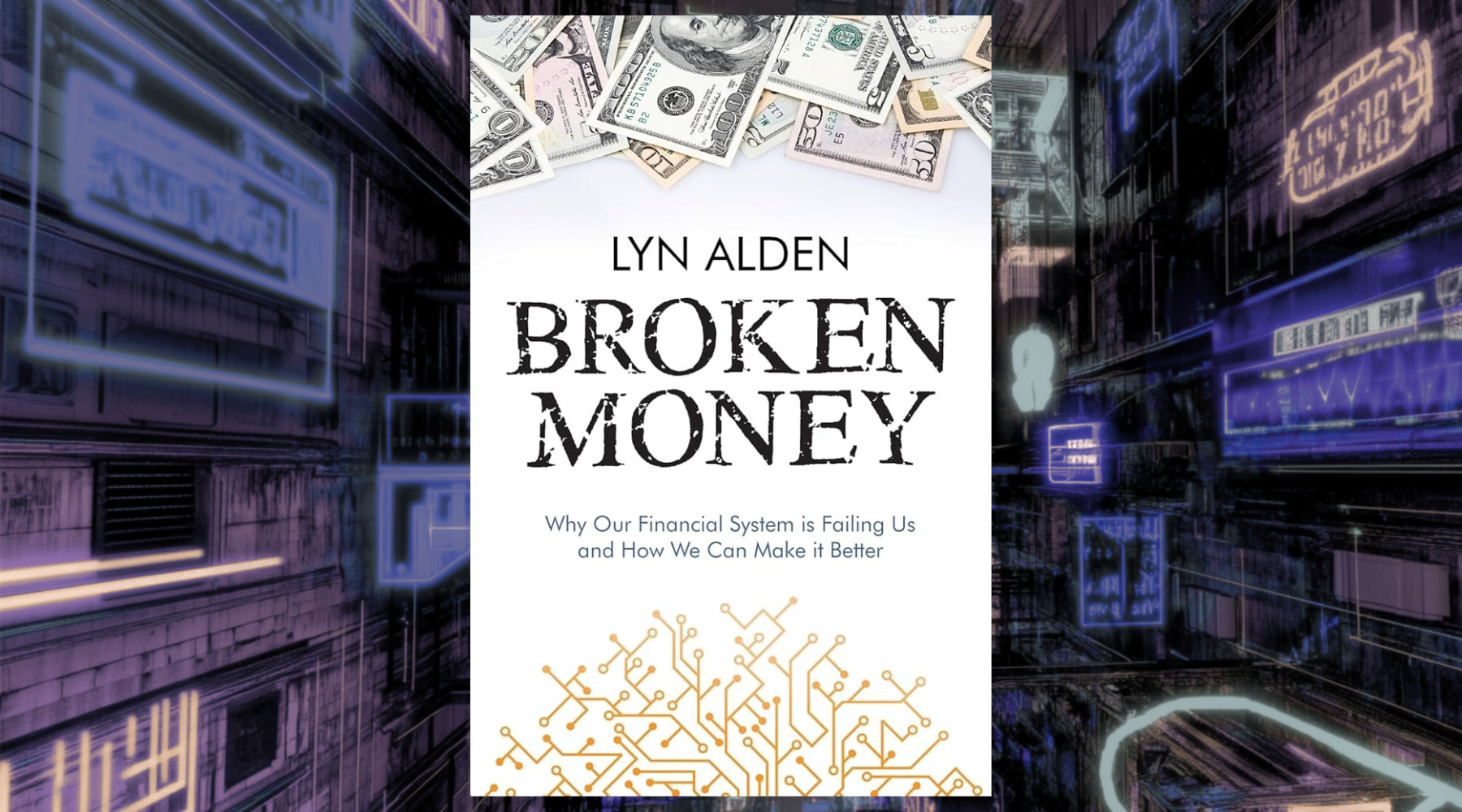
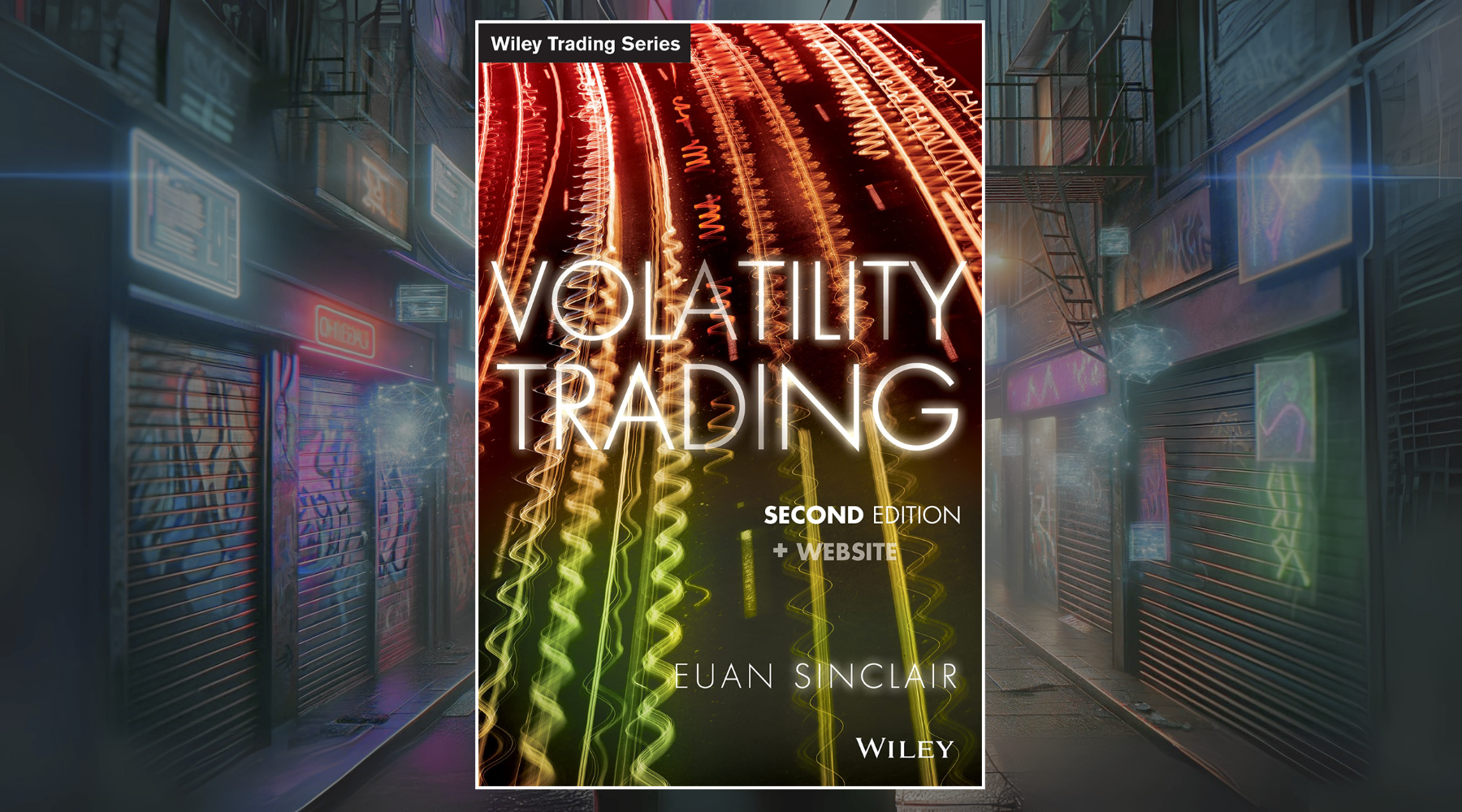
Leave a comment
This site is protected by hCaptcha and the hCaptcha Privacy Policy and Terms of Service apply.